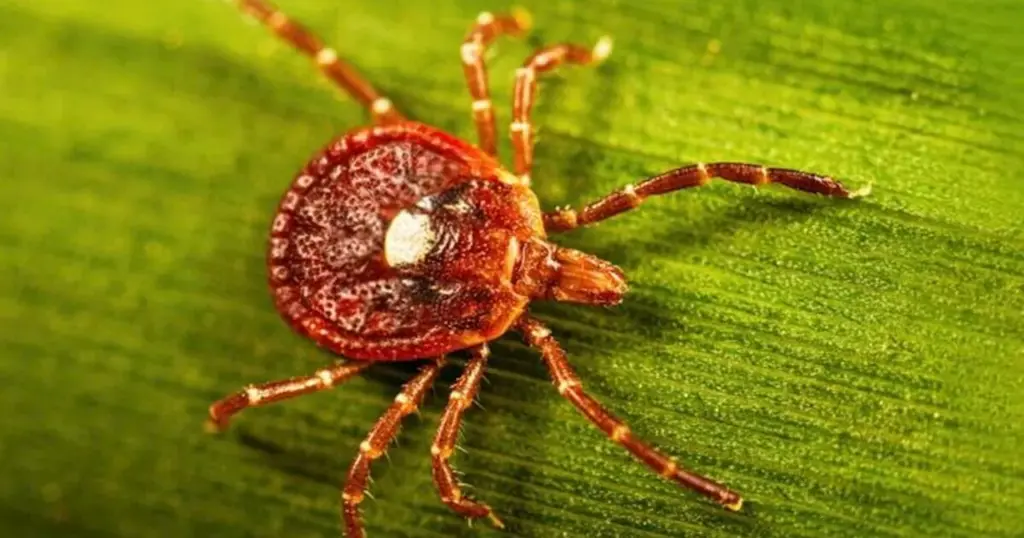
Researchers have documented the first known death linked to alpha-gal syndrome, a serious allergy to red meat associated with bites from lone star ticks. The tragic case involved a 47-year-old pilot from New Jersey who died in 2024 after consuming a hamburger at a barbecue. This incident underscores the growing concerns surrounding tick-borne illnesses and their health implications.
The findings, published by researchers at the University of Virginia School of Medicine, detail how the pilot fell ill approximately four hours after eating. His son found him unconscious in a bathroom, and despite immediate medical attention, the man was pronounced dead upon arrival at the hospital. The autopsy revealed a cause of death classified as a sudden unexplained event, shedding light on the severe and often misunderstood nature of alpha-gal syndrome.
Prior to this fatal incident, the pilot had experienced discomfort after consuming red meat, with symptoms including abdominal pain, nausea, and vomiting. Initially, these episodes were mistaken for food poisoning or other minor ailments, complicating the recognition of the syndrome. His wife indicated that he had similar reactions after eating steak, yet they did not seek medical help at that time.
A blood sample taken posthumously confirmed an allergic reaction to alpha-gal, a sugar molecule found in mammals and transmitted via tick bites. The pilot had sustained multiple bites from lone star ticks, which are known to trigger the development of this allergy. These bites had previously been misidentified as chigger bites, demonstrating the challenges in diagnosing the condition.
The Centers for Disease Control and Prevention (CDC) has reported a significant increase in identified cases of alpha-gal syndrome. The CDC estimates that as many as 450,000 people in the United States might be affected, a figure that far exceeds the number of confirmed cases. The growing prevalence of lone star ticks, the primary vectors for this allergy, poses an escalating public health concern.
Experts emphasize the importance of awareness regarding the symptoms of alpha-gal syndrome, which can include gastrointestinal distress following red meat consumption. The American Gastroenterological Association recommends testing for this syndrome in patients who exhibit unexplained gastrointestinal symptoms, such as diarrhea and nausea.
As rising temperatures and shifting habitats contribute to the northward migration of lone star ticks, the potential geographic spread of alpha-gal syndrome increases. This trend raises the risk of exposure for larger populations. Preventative measures, such as using insect repellent and wearing protective clothing, are crucial. Following a tick bite, prompt removal is essential to minimize infection risk. Keeping the tick in a plastic bag can aid in species identification and testing for diseases.
Currently, no vaccine exists for alpha-gal syndrome. The primary management strategy involves dietary changes, specifically the elimination of red meat from the diet. The pilot’s death serves as a critical reminder of the allergy’s potential severity and highlights the urgent need for increased public awareness, early diagnosis, and education for healthcare providers.
The report underscores the necessity of understanding the disease, its triggers, and effective prevention and treatment strategies. As the number of cases continues to rise, addressing this growing public health concern becomes increasingly vital.






